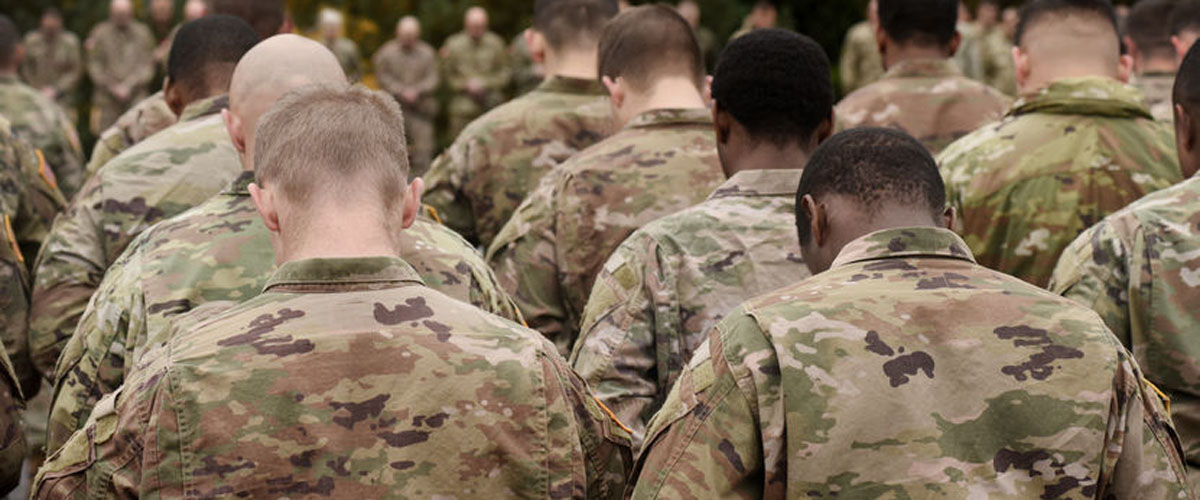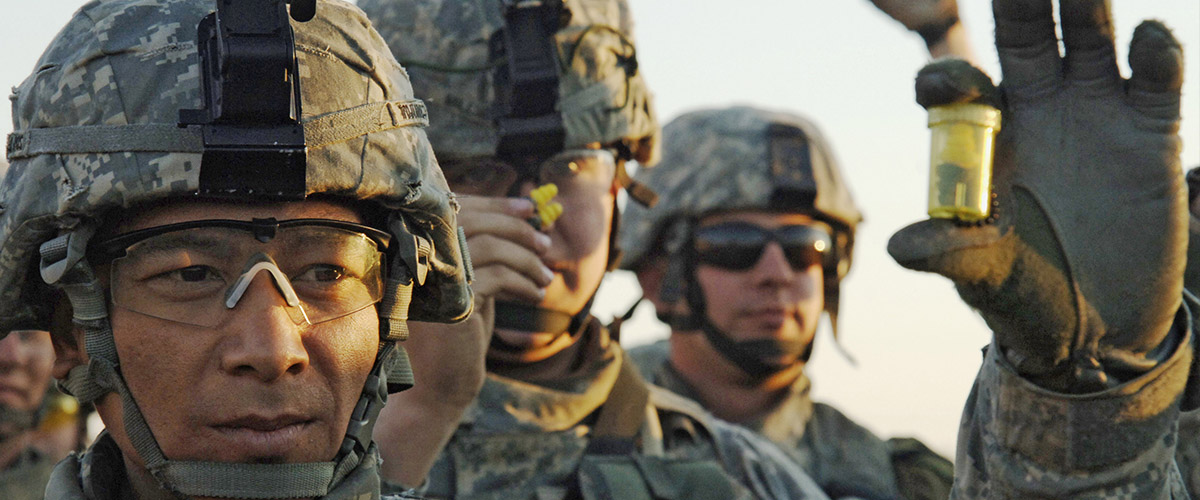
Congress’ VA Committees Agree on COMPACT Bill
The House and Senate Veterans Affairs Committees have agreed on legislation that would focus on providing grants to charities and other organizations that focus on veteran mental health. Ultimately, the goal is to ensure that veterans have access to resources when they are in the midst of a mental health crisis.
The Veterans COMPACT Act of 2020, or the Veterans Comprehensive Prevention, Access to Care and Treatment, mandates that the VA cover acute care for emergency mental health crises at a VA or private facility.
The legislation is a compromise that would require the VA to give annual reports on its program on the following:
- Support of veterans in the first year after they leave service
- Contact veterans who have no reached out to the VP in two or more years
- Provides annual training to all of its security officers and police on de-escalation and crisis intervention.
In addition to other requirements, the bill also defines several terms associated with Veteran mental health care.
How much of an issue is mental health for Veterans?
According to JAMA, nearly 25% of Active Duty Service Members show some signs of mental health conditions. Servicemembers suffer from three primary mental health concerns:
- Posttraumatic Stress Disorder (PTSD). Servicemembers who see combat, disasters, or endure assault or sexual assault while serving can live with lifelong negative effects. PTSD can manifest as difficulty sleeping, quick to anger, nightmares or substance abuse. Military Servicemembers are 15 times more likely to experience PTSD than their civilian counterparts.
- Depression. A mental health disorder that is characterized by persistent sadness or loss of interest. Depression can significantly impair your daily life. Research has found that depression is often the result of a combination of biological, psychological and social sources of distress that can actually change brain function. Depression can manifest as changes to sleep, appetite, energy level, concentration, daily behavior or self-esteem. It is also associated with thoughts of suicide.
- Traumatic Brain Injury (TBIs). A traumatic brain injury is the result of a significant blow to the head. TBIs have both immediate and longterm effects. A severe traumatic brain injury can lead to behavioral and emotional changes. Servicemembers may also live with headaches, fatigue and mood swings. One study found that 20% of frontline infantry troops suffered concussions during combat.
Transitioning out of the military
According to research, more Veterans than ever are transitioning back into civilian life. Further, there is evidence that shows that Veterans face significant problems as they transition out of the military. Everything from trouble finding jobs, homelessness, drug and alcohol addiction—often tied to their time in the service. Unfortunately, very few seek help to deal with their mental health.
In addition to providing organizations with adequate funding to assist Servicemembers during the transition, it’s important for them to understand the destigmatization of mental health in the military, as well as understanding what they are experiencing and how they can get help.
VLAP, we’ve got your six
The Veteran Legal Assistance Program is here to support veterans and active-duty soldiers. In addition to offering valuable information, we are here to amplify the voices of Veterans and their families. If you are in need of assistance, contact the Veterans Legal Assistance Program and let us know how we can help.
We are Veterans helping Veterans.



